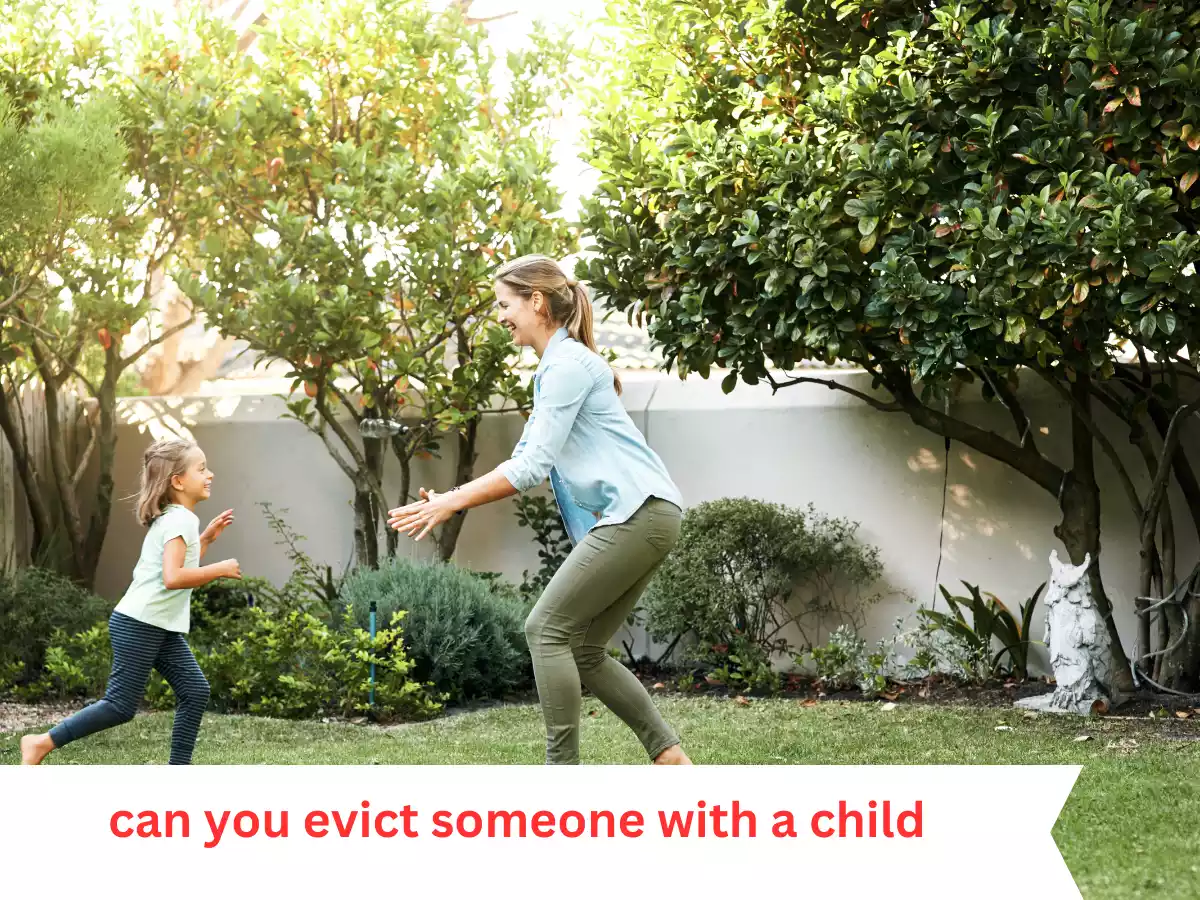Introduction: can you evict someone with a child
The issue of eviction can be complex and sensitive, especially when it involves families with children. Landlords and property owners have legal rights, but there are also legal protections in place to ensure the well-being of families. This article delves into the legal and ethical considerations surrounding the eviction of someone with a child.
Understanding Landlord-Tenant Relationships
Landlord’s Rights
Landlords have the right to enforce the terms of the lease agreement and maintain the property.
Tenant’s Rights
Tenants have the right to live in safe and habitable conditions and to be protected from unjust eviction.
Eviction Laws and Procedures
Grounds for Eviction
Evictions can be based on valid reasons such as non-payment of rent, violation of lease terms, or property damage.
Legal Process
The eviction process involves providing notice, filing court documents, and obtaining a court order.
Special Protections for Families with Children
Fair Housing Laws
Fair housing laws protect families with children from discrimination, including eviction based on family status.
Eviction Moratoriums
During certain circumstances, such as public health emergencies, eviction moratoriums may be enacted to protect vulnerable populations.
Balancing Landlord Rights and Child Welfare
Child’s Best Interest
Courts often consider the best interest of the child when making eviction decisions.
Ethical Considerations
Evicting a family with children can have significant implications for their well-being and stability.
Alternative Solutions
Mediation
Mediation can help landlords and tenants resolve disputes without resorting to eviction.
Rent Assistance Programs
Rent assistance programs can help tenants facing financial challenges and prevent eviction.
Eviction and Long-Term Consequences
Impact on Children
Eviction can disrupt a child’s education, health, and overall development.
Housing Instability
Evicted families may struggle to find stable housing, leading to a cycle of instability.
Legal Requirements for Eviction
Proper Notice
Landlords must provide proper notice and follow legal procedures to evict tenants.
Court Involvement
Evictions typically require court involvement and a legal process.
Conclusion
Evicting someone with a child is a complex issue that involves legal rights, ethical considerations, and the well-being of families. While landlords have the right to enforce lease agreements, there are legal protections in place to prevent unjust eviction, particularly for families with children. It is crucial for both landlords and tenants to be aware of their rights and responsibilities, and to consider alternative solutions before resorting to eviction.
FAQs About Evicting Someone with a Child
- Can landlords evict someone with a child?
Landlords can evict tenants based on valid reasons, but there are legal protections for families with children. - Do families with children have special protections against eviction?
Yes, fair housing laws protect families with children from discriminatory eviction practices. - Are there alternatives to evicting families with children?
Yes, alternatives include mediation and rent assistance programs to resolve disputes and financial challenges. - What are the long-term consequences of eviction on children?
Eviction can disrupt a child’s education, health, and overall well-being. - What are the legal requirements for evicting tenants with children?
Landlords must provide proper notice and follow legal procedures, often involving a court.
Contents
- 1 Introduction: can you evict someone with a child
- 2 Understanding Landlord-Tenant Relationships
- 3 Eviction Laws and Procedures
- 4 Special Protections for Families with Children
- 5 Balancing Landlord Rights and Child Welfare
- 6 Alternative Solutions
- 7 Eviction and Long-Term Consequences
- 8 Legal Requirements for Eviction
- 9 Conclusion























